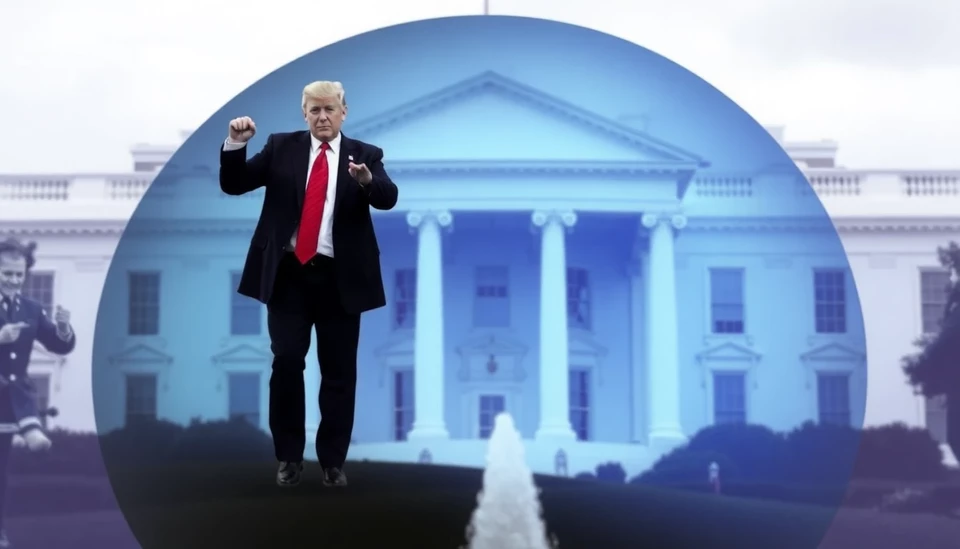
In a surprising turn of events following the recent elections, former President Donald Trump is poised to return to the White House, raising questions about the future of climate technology investments. Analysts and industry experts are closely monitoring how his administration will reshape policies that have evolved significantly since his first tenure.
During Trump’s initial presidency, policies regarding climate change and renewable energy initiatives were often at odds with the scientific consensus, favoring fossil fuel industries over sustainable practices. His administration's withdrawal from the Paris Agreement and the rolling back of various environmental regulations were seen as detrimental to the climate tech sector. These actions led to a turbulent environment for investors who were seeking opportunities in clean technology and renewable energy.
As we look ahead to Trump’s potential second term, many believe a significant shift in the political landscape could emerge, impacting both investment strategies and innovation in climate tech. With Trump’s focus likely reverting to pro-fossil fuel policies, sectors like solar, wind, and electric vehicles could face increased challenges. The possibility of cutting subsidies for clean energy initiatives may prompt a retreat from the optimism seen in recent years within the climate technology field.
Moreover, Trump's administration is expected to bolster traditional energy sectors, particularly oil and gas, by enhancing exploration and extraction operations. This could divert not only financial resources but also talent away from emerging climate technologies. Investors anticipating a robust market for renewable energy may find their expectations recalibrated in light of these changes.
The administration’s approach to addressing climate change could be significantly different from the strides made under the Biden administration. The latter focused on investments in green technologies, aiming to transition the U.S. economy towards a more sustainable model. Under Trump, however, the priority may shift back towards deregulation and promoting fossil fuels, raising concerns about the long-term viability of climate tech investments.
The uncertainty extends to international collaborations as well, considering how Trump's foreign policy has historically favored nationalist approaches often at the expense of global climate agreements. Investors who have banked on collaboration for innovation in climate technology may need to reassess their strategies in an environment that could be less conducive to international partnerships.
Despite these challenges, some experts suggest that the evolving dynamics of public sentiment towards climate change and sustainability cannot be ignored. The demand for clean technologies and sustainable practices has gained traction among the populace, potentially pressuring any administration to accommodate these concerns despite a more fossil-fuel-oriented policy framework.
In conclusion, Trump's forthcoming return to the political forefront appears set to create significant shifts within the climate technology investment landscape. Stakeholders will require keen strategic insights and agility to navigate this uncertain terrain, especially as climate challenges remain at the forefront of global discourse.
As developments unfold regarding the new administration’s policies and their implications for climate tech investments, the broader impacts on innovation and sustainability remain to be seen. Investors, entrepreneurs, and environmental advocates alike will need to remain vigilant and adaptable in this changing political climate.
#Trump2024 #ClimateTech #Investment #RenewableEnergy #FossilFuels #PolicyShift #Sustainability #CleanEnergy
Author: Sophie Bennett




